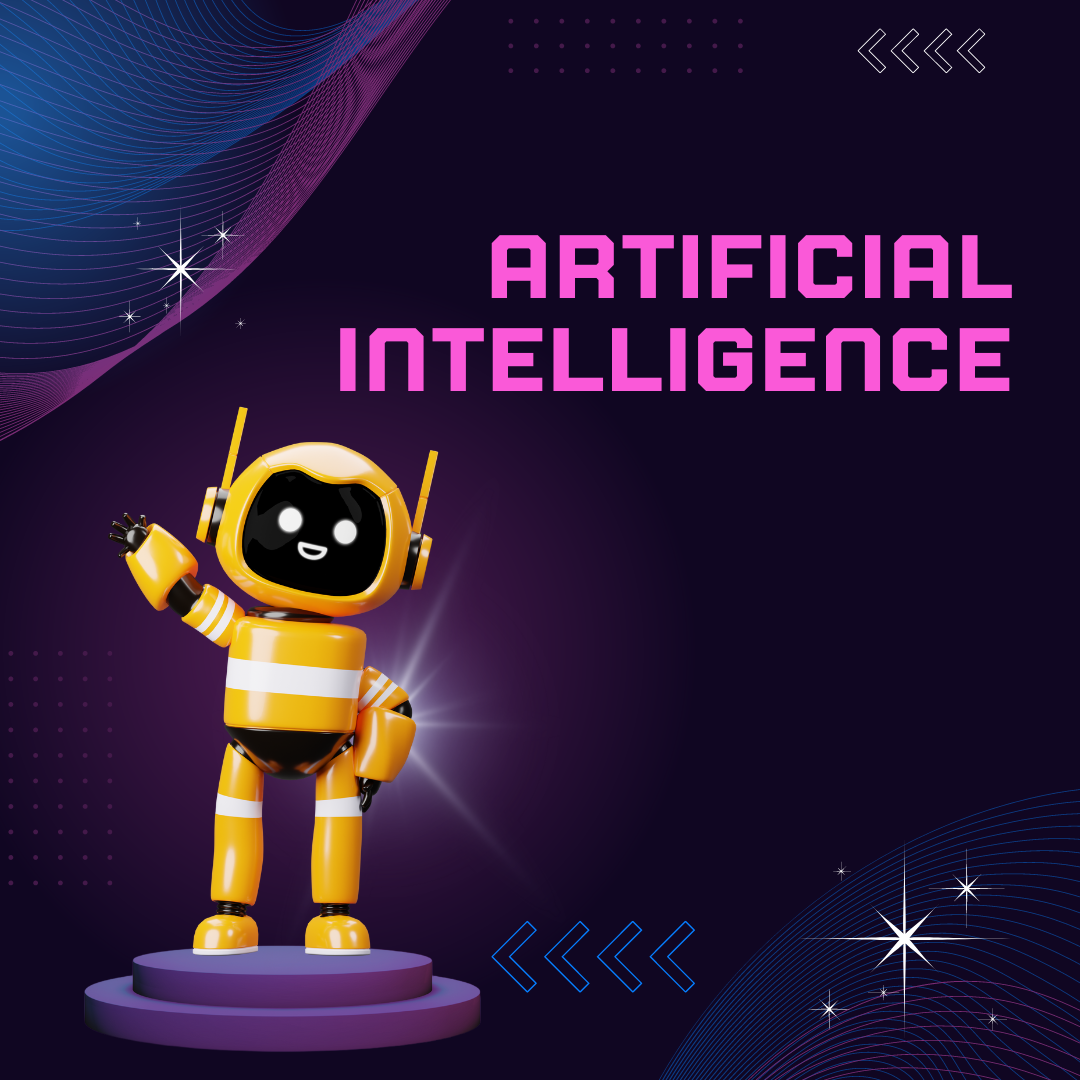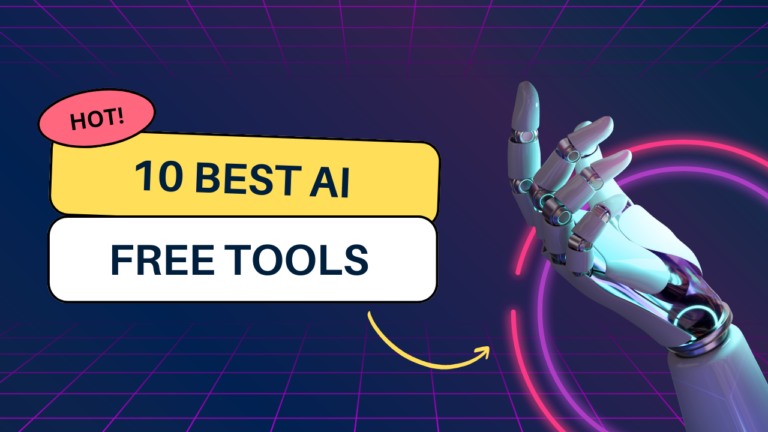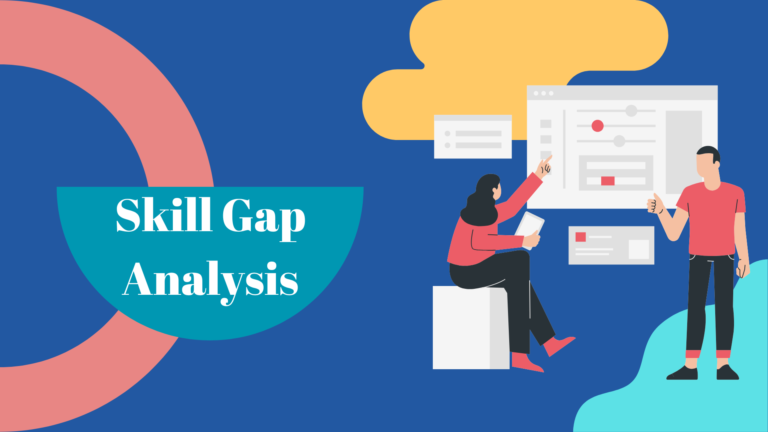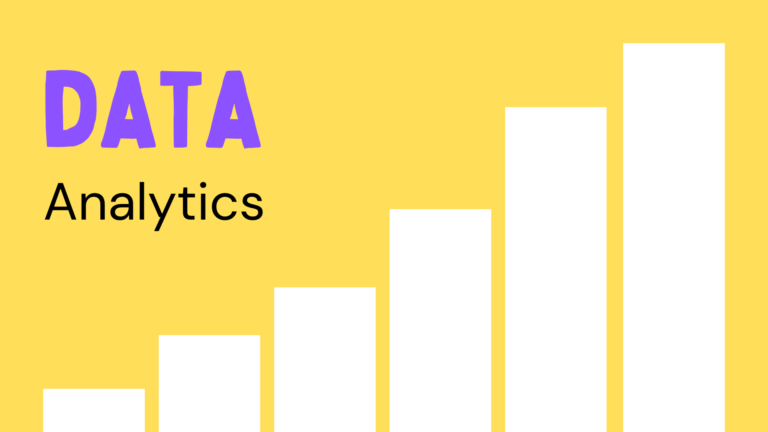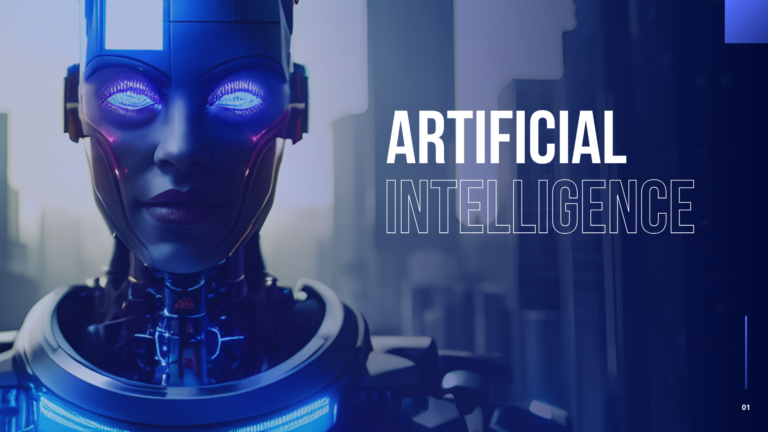Best AI Analytics Tool of 2024
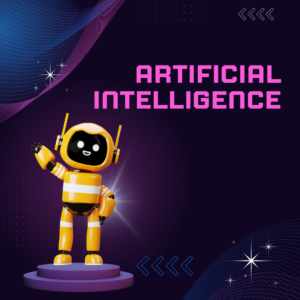
Have you recently experimented with any AI tools and thought, “This could work for data analysis too?”
A large number of best AI analytics tools have been launched in the market along with data analysis feature in them
We will have a closer look in the information given below
AI in data analytics: An overview
Let’s start with an overview to give you a better understanding of this emerging and fascinating field of AI tools for data analysis.
AI analytics tool?
AI algorithms are basically used by AI-powered data analytics solutions to help you accomplish your goals more precisely and effectively.
AI can be useful for lot of jobs:
- Modeling that predicts
- Analysis of segmentation
- Preparing and cleansing data
- Processing of natural language (NLP)
- Reporting and visualization
- Identification of anomalies
- Grouping
Top 9 AI-powered data analytics solutions available
1.ChatGPT
Developed by OpenAI, ChatGPT, also known as Generative Pre-trained Transformer, is a potent AI large language model (LLM) that began to gain traction in late 2022.
It is intended to comprehend conversational contexts and produce responses that are human-like. Based on the information it gets, GPT can generate text that is logical, creative, and relevant to the context by utilizing deep learning techniques and pre-trained models.
It’s important to remember that GPT is a text-based paradigm and cannot carry out physical operations or carry out commands other than producing text.
Costing
Mutiple pricing is offered by Chatgpt.While the ChatGPT Plus plan costs $20 per month, it offers more features than the basic plan, which is free.
Priority access to new features, fast response times, and increased uptime during peak hours are all included with the ChatGPT Plus subscription.
How is this useful
ChatGPT is adaptable, is excellent for a wide range of data analytics applications and code writing.
For instance, it can use only basic natural language prompts to construct straightforward Python or R data transformation programs.
2. Tableau
Tableau, very much popular tool among data analysts, has jumped on the generative AI bandwagon and begun incorporating parts of the technology into its current offerings.
It is even possible to automate typical tasks like data analysis, preparation, and governance by using Tableau GPT and Tableau Pulse. . The same AI models also power them. With all of this, Tableau is a widely-liked augmented analytics solution that works well as part of your toolkit.
Why this instrument is useful?
You may automate certain procedures using Tableau GPT and Pulse to save time when customizing data analysis activities
.
It heplsr data analysts who would like better data visibility and assistance with data governance.
3. Jupyter AI
Assuming you are learning Python or utilizing it for work-related projects, you are undoubtedly familiar with Jupyter Notebooks. Luckily for you, Jupyter has also released an AI-powered addon called Jupyter AI.
Jupyter AI creates a conversational assistant using generative AI models to help you with data analysis tasks like debugging and coding.
For Python lovers,this is great news because the upgrade aims to make it simpler for users to interact with and comprehend their data.
It also makes it easier to create machine learning models using the present Jupyter architecture. It supports the following popular Integrated Development Environments (IDEs):
- JupyterLab
- Jupyter Notebook
- VSCode Colab by Google
Costing
Jupyter AI is available in their GitHub repository and is a free, open-source add-on.
Is it helpful?
If you are a Python users looking for a simpler approach to deal with and comprehend their data will find that Jupyter AI is a terrific solution.

